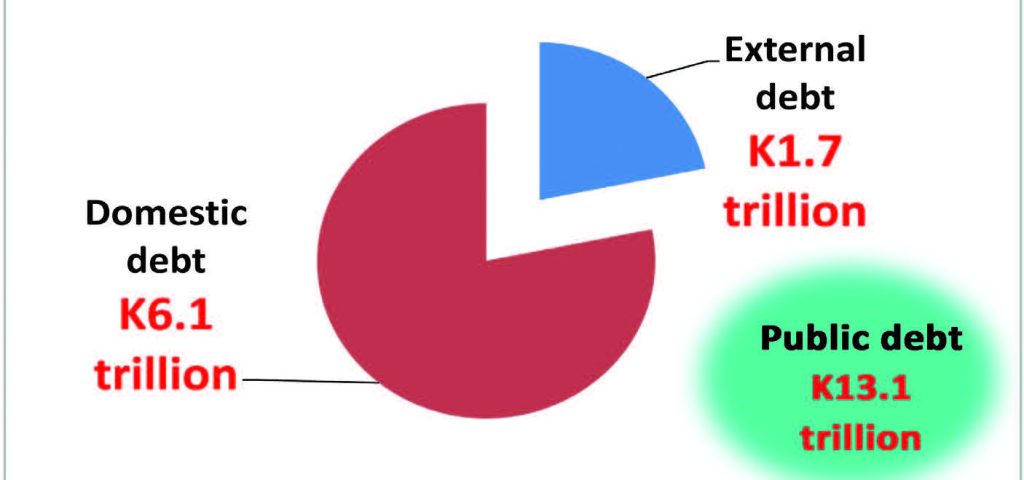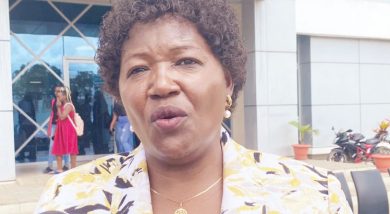Committee moves to step up oversight on public borrowing
As public debt piles up creating macroeconomic imbalances, the Budget and Finance Committee of Parliament says it intends to step up its oversight role to strengthen preventive measures for future borrowing.
The move comes on the back of Treasury data showing that total public debt reached K13.1 trillion in December 2023, which is 85 percent of gross domestic product (GDP). Out of this, K7 trillion is external debt while domestic debt was recorded at K6.1 trillion.

However, the committee on Wednesday in Lilongwe during a debt management workshop acknowledged its weakened oversight function, citing several reasons that include a paucity of information prior to discussing loan authorisation bills in Parliament.
The workshop covered public debt management and how the committee can keep track of the debt levels to ensure Parliament approves borrowing in a more responsible and sustainable manner.
University of Malawi associate professor of economics Winfred Masanjala and Elias Ngalande, former Reserve Bank of Malawi governor, facilitated the workshop specifically on the areas of public debt.
When Masanjala asked whether the legislators were provided with all the information before debating and passing loan authorisation bills, the parliamentarians argued that bills come late and have little time to scrutinise them.
The view of many parliamentarians is that the country has been borrowing largely for “political financing” and not really sustainable economic development, as such, public debt stock does not translate into economic transformation.
Budget and Finance Committee of Parliament deputy chairperson Ishmael Mkumba said public debt is going out of control.
He said: “We can’t keep on borrowing when we don’t have the capacity to repay. We have discovered that we borrow for political financing.”
Mkumba said the process of loan contracting needs to be reformed to ensure that the Budget and Finance Committee is given all the information before bills are discussed in Parliament.
He said: “The onus is on Parliament because we have the power to make the laws.
“We have the power to empower the relevant committees to scrutinise the bills before and after the bills are tabled.”
Malawi Economic Justice Network executive director Bertha Phiri said in an interview yesterday that the major problem is on domestic debt contracting where Parliament has invisible role.
She said there is need to empower the Parliamentary Budget Office to play its role of tracking and analysing Treasury bills and Treasury notes.
The training workshop was under the Parliamentary Support Programme for the Budget and Finance Committee supported by Global Partners on Governance.






) Hot girls are waiting for you on —– https://u.to/sYM6IA
3xzfy8